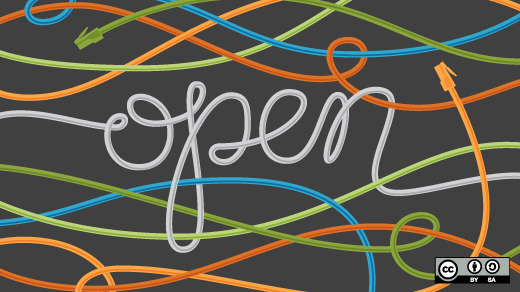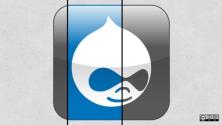Kalamuna co-founder Alec Reynolds has been busy fostering their free and open source Kalabox project for the past three years. The cross-platform workflow tool is available to end users thanks in large part to support from the Drupal community, plus contributions from the outside world.
That same notion of giving back is the prevailing theme for Alec. He contributes to Drupal modules, issue queues, and makes sure that Kalamuna is contributing as much as possible to the open source technologies we rely on daily.
Reporting back from his company base in Oakland, Alec gave us some of his reflections on DrupalCon Los Angeles, his present work, and the future of open source.

How would you define Drupal today?
Drupal's tagline has always been "Come for the software, stay for the community." Now more than ever, Drupal is a vibrant ecosystem of developers, users, and businesses working together to create.
You were there. Talk to us about the role that DrupalCon plays for developers each year.
I was chatting with Chris Ruppel, a developer at Four Kitchens who has been in the community far longer than I, about Dunbar's number and how challenging it is to maintain relationships in a community as big as Drupal's. For us, DrupalCon is where we can reliably see "everyone" from years past and make sure those relationships are maintained (or, at a minimum, names are reattached to faces).
Tell us about your current project and how it benefits open source teams.
Kalabox is an open source local development environment that aims to replace the hodge-podge of solutions open source devs currently use. If you've ever had config issues with MAMP or been frustrated at how slow your Vagrant virtual machine was, Kalabox will help you and your team.
Ultimately, we want to break down the barriers between "local" and "production" by making Kalabox a workflow tool that acts as a hub between your CI services, hosting provider, and local dev sites, allowing developers to interact with all of their tools in the easiest way possible.
What factors help the adoption of open source projects like yours?
Usability is huge. We purposefully made Kalabox accessible to the least experienced Drupal users, so they can get their Drupal site running on their computer just by having their hosting credentials handy.
However, developers need extensibility. By creating a product with a powerful open source architecture, we've made sure that devs and organizations who need flexibility can adopt Kalabox without reservation.
How much do you think the public is aware of the Drupal Association's emphasis on releasing Drupal 8?
Depends on who the public is! The Drupal community is very cognizant of the DA's efforts and is in huge support. For DrupalCon, we put one of our conference tickets up for auction in benefit of the Drupal 8 Accelerate program; I think D8 Accelerate has been hugely successful in keeping a large number of Drupal stakeholders invested in D8's success.
Paint a picture of open source as you would prefer to see it a decade from now.
From a consumer perspective, I'd like open source to be ubiquitous to the point of invisibility. Using recent Ubuntu distros, I'm always shocked at how professional the environment feels. Just five years ago, you'd need to hunt down drivers and do a bunch of fiddling to get basic things like a sound card working. Now there are so many pushbutton ways to deploy open source tech, from OSes to CMS distros on Pantheon to buying an Android-powered mobile phone.
We're not quite to the point where CMS users can feel like open source is transparent; there's still a huge investment in vendors to give you the expertise to manage your Drupal or WordPress site, for example. But we're closer than we were a decade ago, and that's pretty exciting.
Of course, on the contributor side, we have tons of work to do developing new business models to make sure the rewards from these open source innovations benefit the contributors... but that's another story!
Read more interviews and articles from DrupalCon Los Angeles 2015.







2 Comments